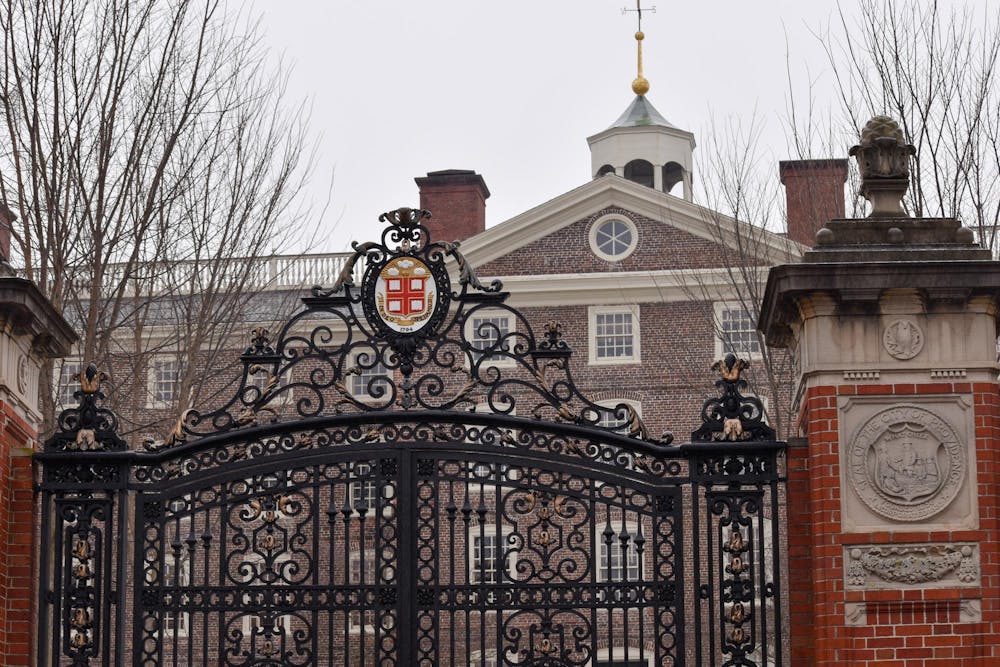Some graduate student workers have expressed frustration with the timeline for implementing back pay guarantees stipulated in the Graduate Labor Organization’s second union contract, which was ratified with the University last December.
The contract stipulates a 7.75% increase on base stipends for graduate student employees on wages earned since July 1, 2023, the start of the 2024 fiscal year. As a result, the University is required to distribute back pay — the difference between the newly raised stipends and their previous values — to graduate student employees who are part of the bargaining unit.
There is no formal deadline for the University to distribute the back pay, and administrators say the process is complicated by the need for individual tax assessments for international students, who make up 40% of the graduate student body. But representatives for GLO have said that the wait has increased the financial strain faced by some students.
“We have known since November … what the raise would probably look like,” said Jasper Cattell, a member of the GLO communications committee. “It’s really important to us that we get that back pay soon, because we’ve been waiting for a while and we need that money,” he added, citing recent increases to the cost of living in Providence.
According to University Spokesperson Brian Clark, the updated stipend rate “will take effect March 1,” adding that back pay payments will be distributed after that date.
GLO’s Communications Chair Andrew Clark told The Herald that he and other graduate students expected their back pay to come in much sooner. “To be honest, none of us in the union knows why our employer is taking so long,” he said.
In an email to The Herald, Brian Clark wrote that GLO’s committee chairs were informed of the implementation timeline after its contract ratification back in December 2023. “They noted their appreciation for the update and that they would communicate the timeline with the GLO team,” he wrote.
“We are pleased to be able to implement the new stipend rate in roughly two months — a timeline that all parties have been aware of since we agreed to the contract,” he added.
The Herald was unable to independently verify either of the conflicting claims about timeline communication.
The contract also stipulates that “all PhD and MFA graduate students are eligible to receive a Child Care Subsidy of up to $6,000 per child” for up to three children.
Andrew Clark and Cattell claimed that the University had denied these subsidies to certain graduate student employees and their spouses because their spouses were on non-work visas.
“The eligibility criteria for the child care subsidy are clearly stated on the Graduate School website. International students are eligible,” Brian Clark wrote. “If a student is married, their spouse must be one of the following: a full-time student, working at least part-time, seeking employment, or considered legally disabled.”
“Brown is making decisions based on the stated criteria, as we have consistently,” he added.
Other provisions took effect immediately after the contract’s ratification, Andrew Clark said.
The contract provides graduate students with union representation in harassment and discrimination cases, The Herald previously reported. Another provision allows master’s student research assistants working at least 20 hours a week to have representation in the bargaining unit, regardless of whether they pay tuition.
The agreement also bolsters COVID-19 protections, granting graduate student employees access to masks and testing kits as well as the “discretion to require that attendees in their classes, labs or meetings wear a mask,” the contract reads.
Correction: A previous version of this article mischaracterized the nature of the communications between GLO and the University regarding the timeline for back pay. The Herald regrets the error.
Grace Hu is a senior staff writer covering graduate student life. She is a sophomore from Massachusetts studying English and Neuroscience.





